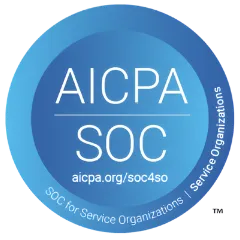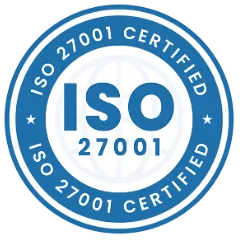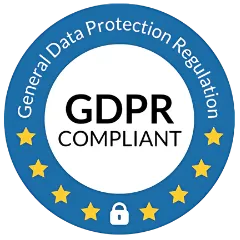The healthcare industry is a complex and rapidly evolving sector that requires real-time visibility and control over assets to optimize operations and ensure the delivery of quality care. One of the technologies that can provide such visibility and control is Radio Frequency Identification (RFID). RFID can enable healthcare providers to track, manage, and monitor their assets in real-time, leading to improved efficiency, reduced costs, and better patient outcomes.
RFID is a wireless technology that uses radio waves to communicate data between a reader and a tag attached to an object. The tag contains a unique identifier that allows it to be identified and tracked as it moves through a system. In the healthcare industry, RFID tags can be attached to various assets, including medical equipment, supplies, and patient records.
Real-time visibility and control over assets are critical for healthcare providers to manage their resources effectively. By leveraging RFID technology, healthcare providers can gain real-time insights into their inventory levels, location, and usage patterns. This information can help healthcare providers optimize their operations, reduce waste, and improve patient care.
For example, RFID can be used to track medical equipment such as infusion pumps, defibrillators, and wheelchairs. With RFID tags attached to these assets, healthcare providers can quickly locate them when needed, reducing the time spent searching for equipment and improving patient care. Additionally, RFID can be used to monitor the usage of medical equipment, ensuring that equipment is being utilized effectively and not sitting idle, which can result in unnecessary equipment purchases.
RFID can also be used to track medical supplies such as medication, surgical instruments, and bandages. With RFID tags attached to these supplies, healthcare providers can gain real-time visibility into their inventory levels, ensuring that they never run out of critical supplies. This can reduce waste and ensure that patients receive the care they need without delay. RFID can also be used to track expiration dates of medical supplies, ensuring that supplies are used before they expire, which can reduce the risk of patient harm.
Another use case for RFID in the healthcare industry is patient tracking. By attaching RFID tags to patient wristbands, healthcare providers can track patient movements throughout the hospital, ensuring that patients are in the right place at the right time. This can improve patient safety and reduce the risk of medical errors. Additionally, RFID can be used to track patient records, ensuring that patient information is up to date and accurate.
Real-time visibility and control over assets are critical for healthcare providers to manage their resources effectively. By leveraging RFID technology, healthcare providers can gain real-time insights into their inventory levels, location, and usage patterns. This information can help healthcare providers optimize their operations, reduce waste, and improve patient care.
However, implementing RFID technology in the healthcare industry requires careful planning and execution. Healthcare providers must ensure that their RFID systems are compatible with their existing systems and processes. They must also ensure that their RFID systems comply with relevant regulations and standards, such as HIPAA and FDA regulations.
Furthermore, healthcare providers must ensure that their RFID systems are secure and protect patient data. RFID systems can potentially be vulnerable to hacking and data breaches, which can result in the loss or theft of patient data. Healthcare providers must implement robust security measures to protect patient data and ensure that their RFID systems are secure.
How can Asset Infinity's asset management software be useful?
.png)
Asset Infinity's asset management software is a powerful tool that can be used to achieve real-time visibility and control over assets in the healthcare industry, including those tracked using RFID technology. Here are some ways in which Asset Infinity's software can be used to optimize operations and improve patient outcomes:
Tracking & Monitoring of Medical Equipment:
Asset Infinity's software can track and monitor medical equipment and supplies that are tagged with RFID technology. The software can provide real-time information on the location of equipment and supplies, ensuring that healthcare providers can quickly locate the items they need. This can help to reduce the time spent searching for equipment and supplies, enabling healthcare providers to focus on providing quality care to patients.
Asset Maintenance and Repair:
Asset Infinity's software can be used to schedule maintenance and repair activities for medical equipment and supplies. The software can provide alerts when maintenance is due, ensuring that equipment is serviced in a timely manner. This can help to extend the life of equipment and reduce the need for costly repairs or replacements.
Inventory Management:
Asset Infinity's software can be used to manage inventory levels of medical equipment and supplies, including those tracked using RFID technology. The software can provide real-time information on inventory levels, ensuring that healthcare providers have the items they need to provide quality care to patients. This can help to reduce waste and prevent shortages of critical supplies.
Patient Tracking:
Asset Infinity's software can be used to track the movements of patients within a healthcare facility, including those tagged with RFID technology. This can help healthcare providers to ensure that patients are in the right place at the right time, reducing the risk of medical errors and improving patient outcomes.
Compliance and Regulatory Requirements:
Asset Infinity's software can help healthcare providers to comply with regulatory requirements, including those related to RFID technology. The software can provide audit trails and documentation to demonstrate compliance with relevant regulations, such as HIPAA and FDA regulations.
Mobile Access:
Asset Infinity's software can be accessed via mobile devices, enabling healthcare providers to access real-time information on assets, equipment, and supplies from anywhere within the facility. This can help to improve efficiency and reduce the time spent on administrative tasks.
Also Read: Streamlining IT & Medical Equipment Tracking with Asset Infinity
Conclusion
In summary, Asset Infinity's asset management software can be used to achieve real-time visibility and control over assets in the healthcare industry, including those tracked using RFID technology. The software can help to optimize operations, reduce costs, and improve patient outcomes by providing real-time information on the location and status of assets, equipment, and supplies. With Asset Infinity's software, healthcare providers can leverage RFID technology to provide quality care to their patients.

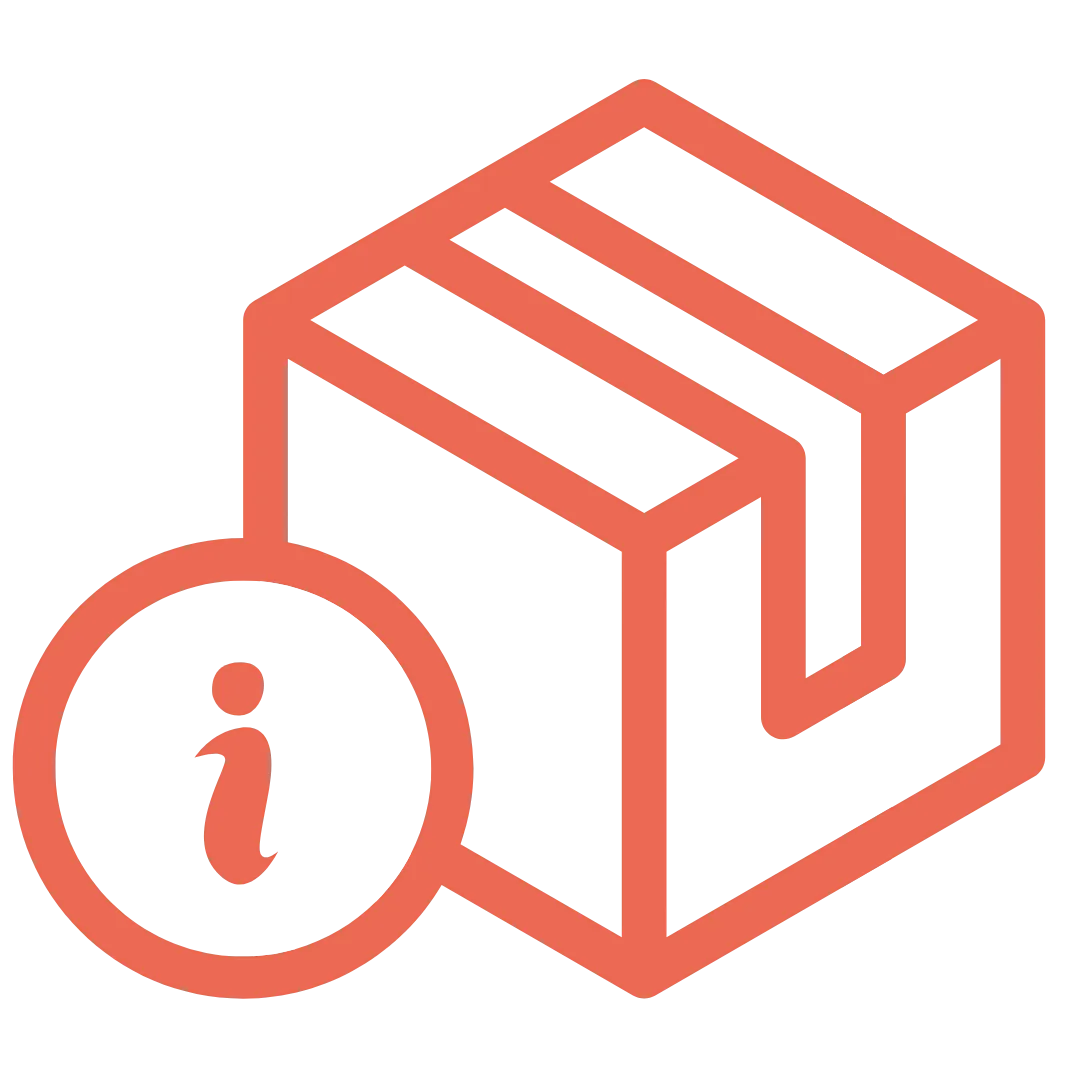
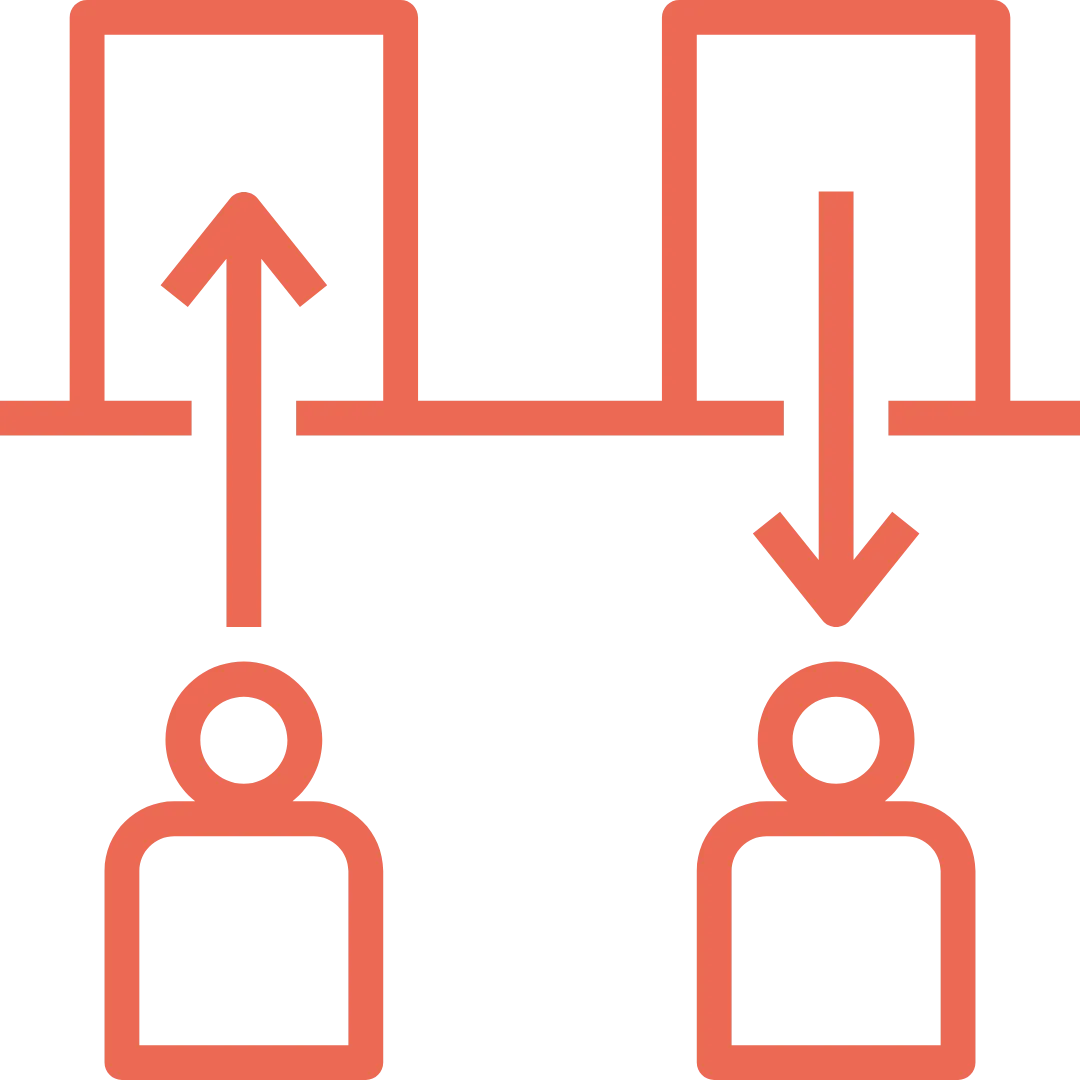
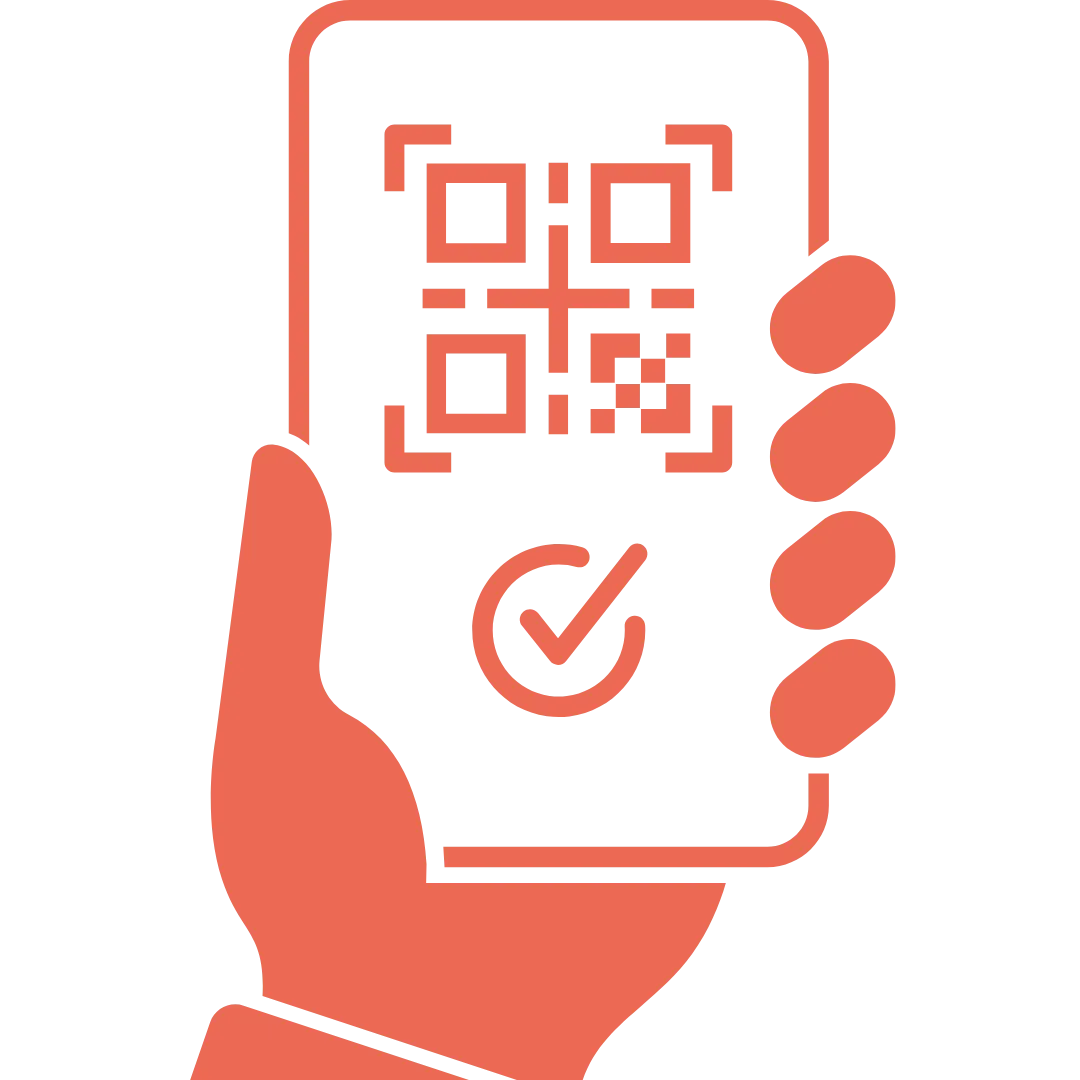
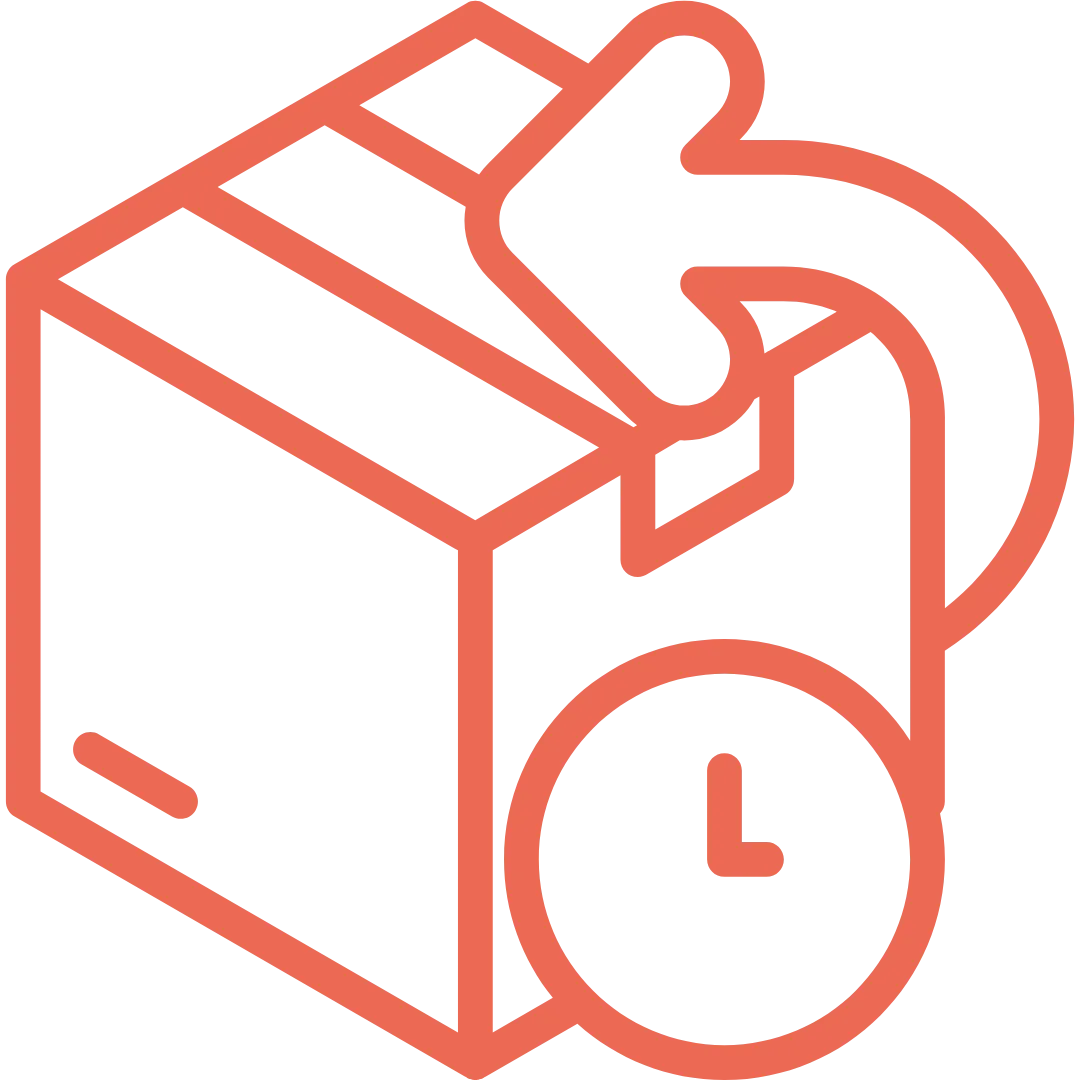

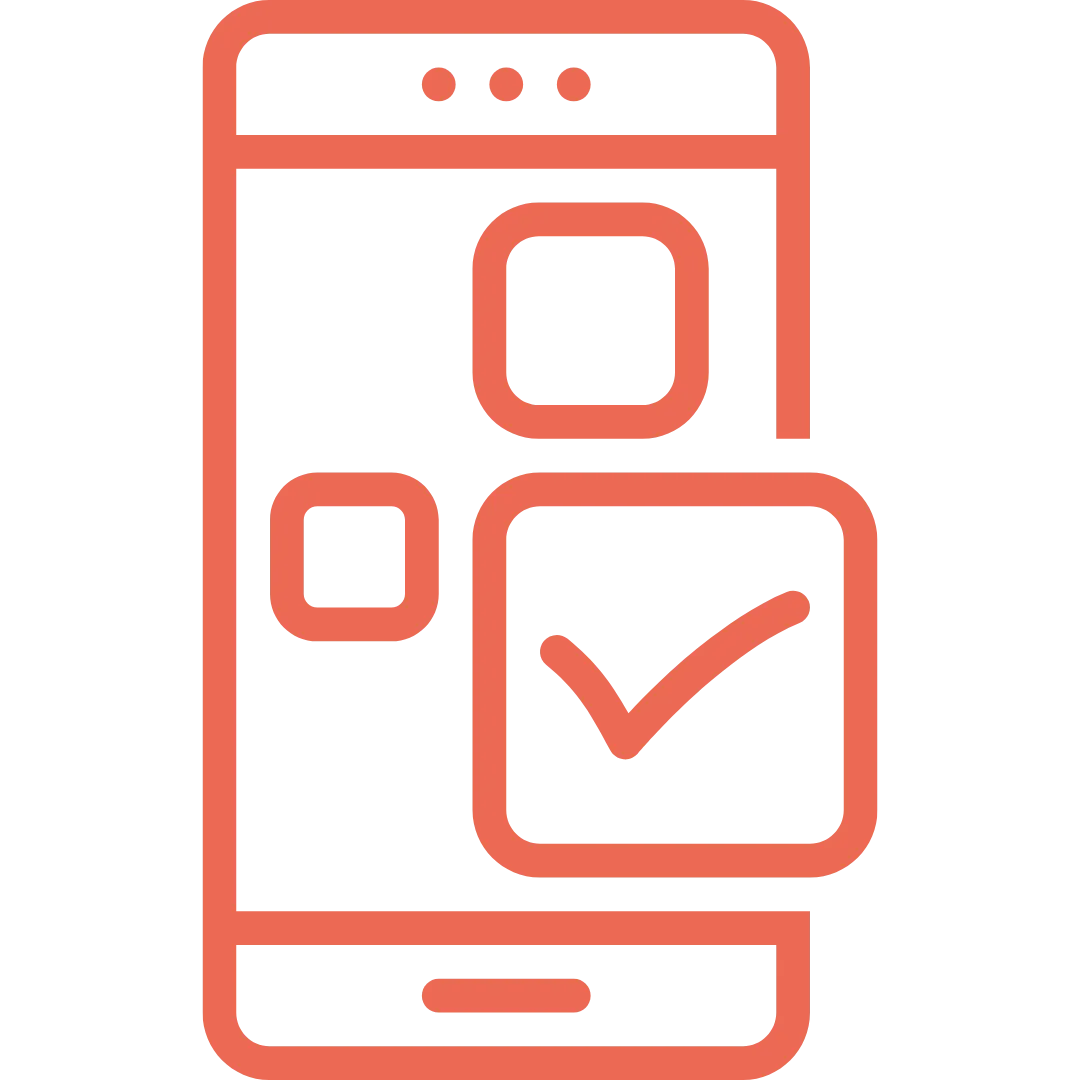


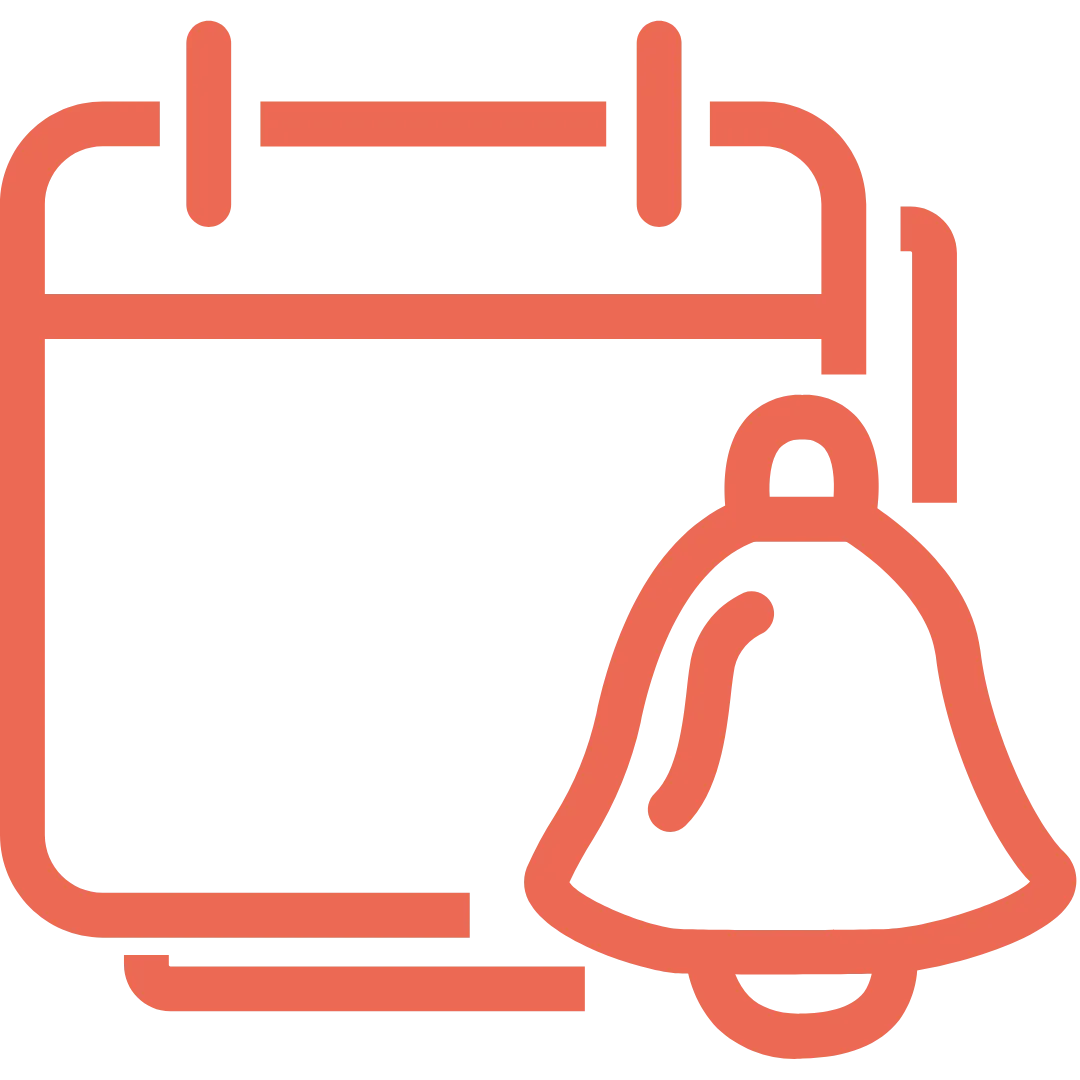
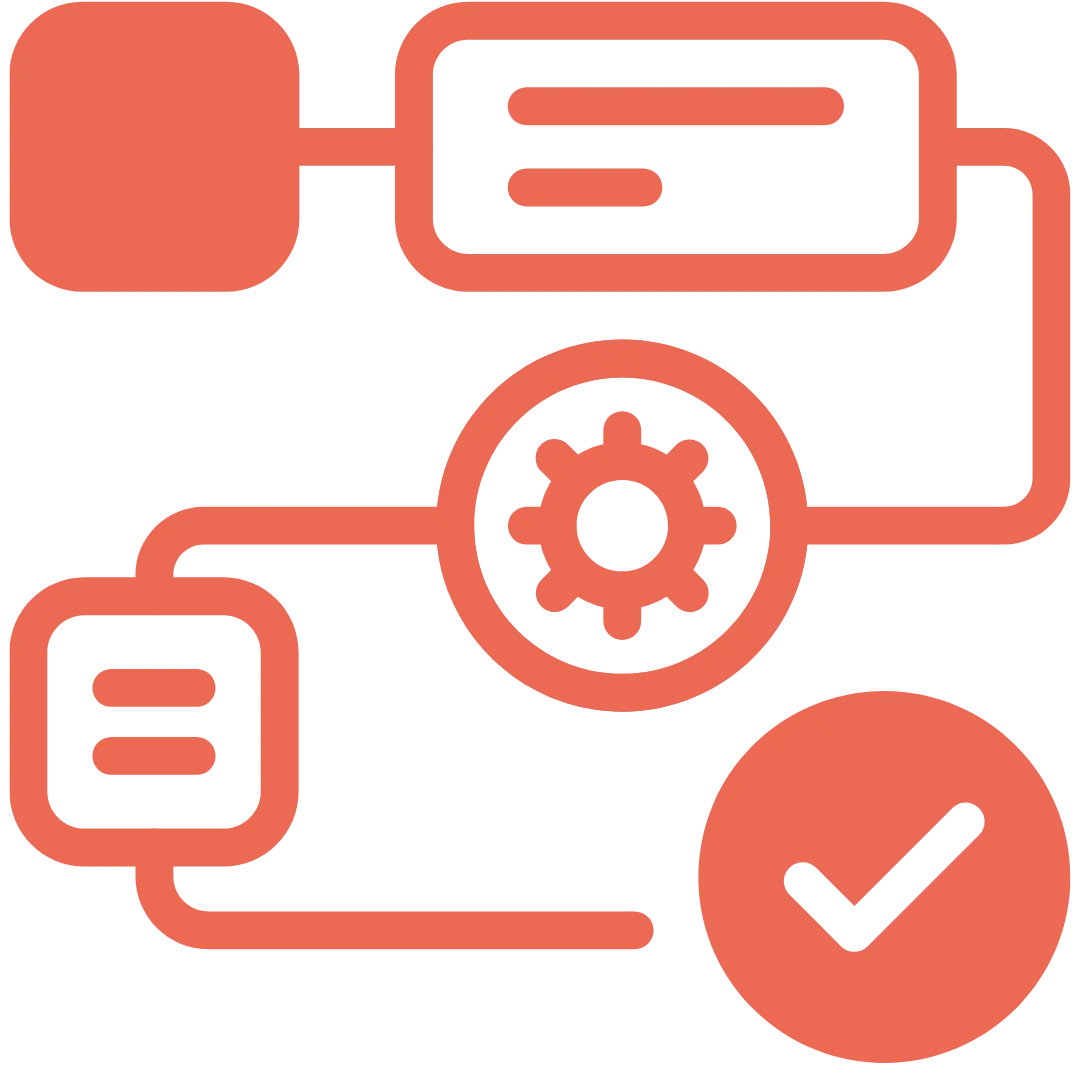
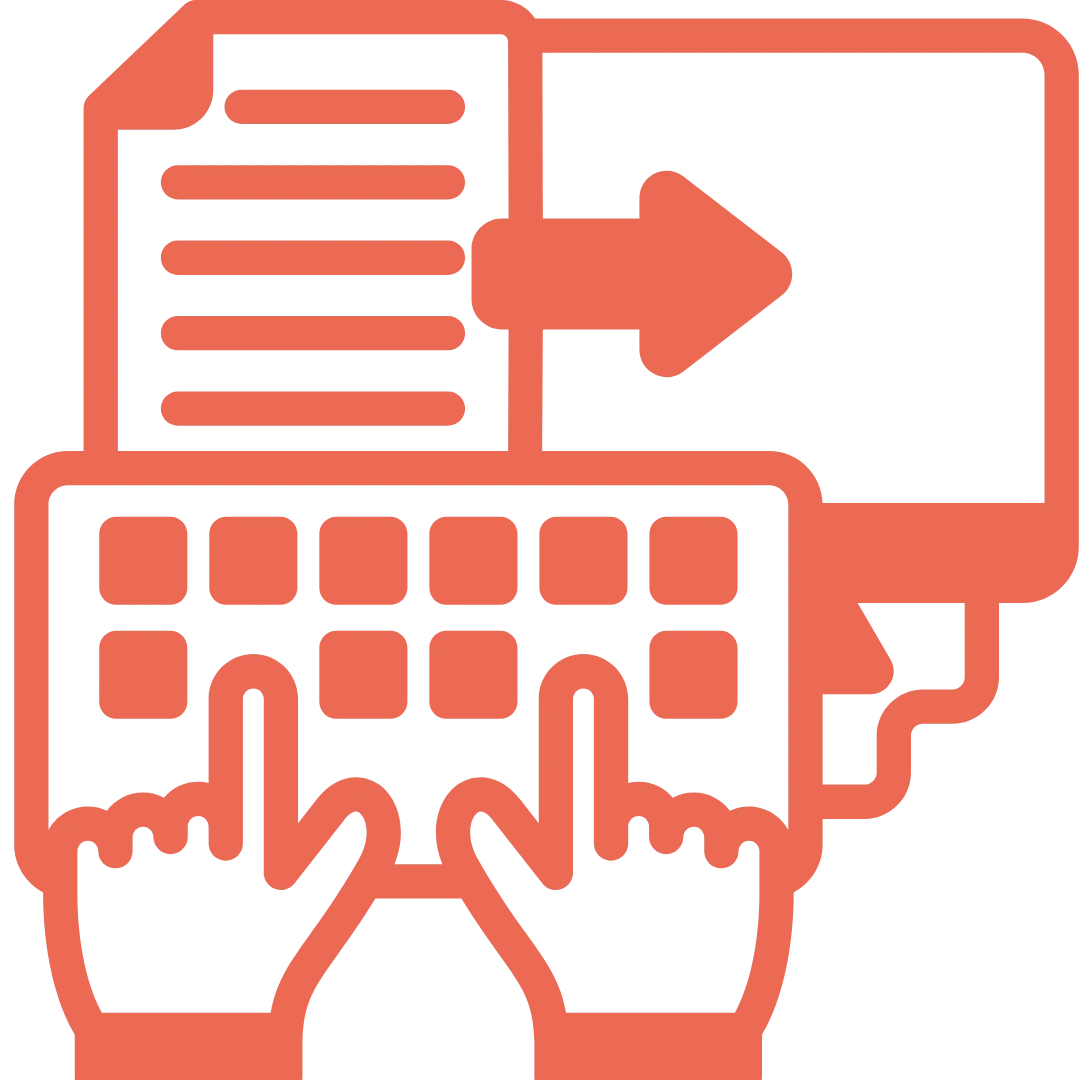
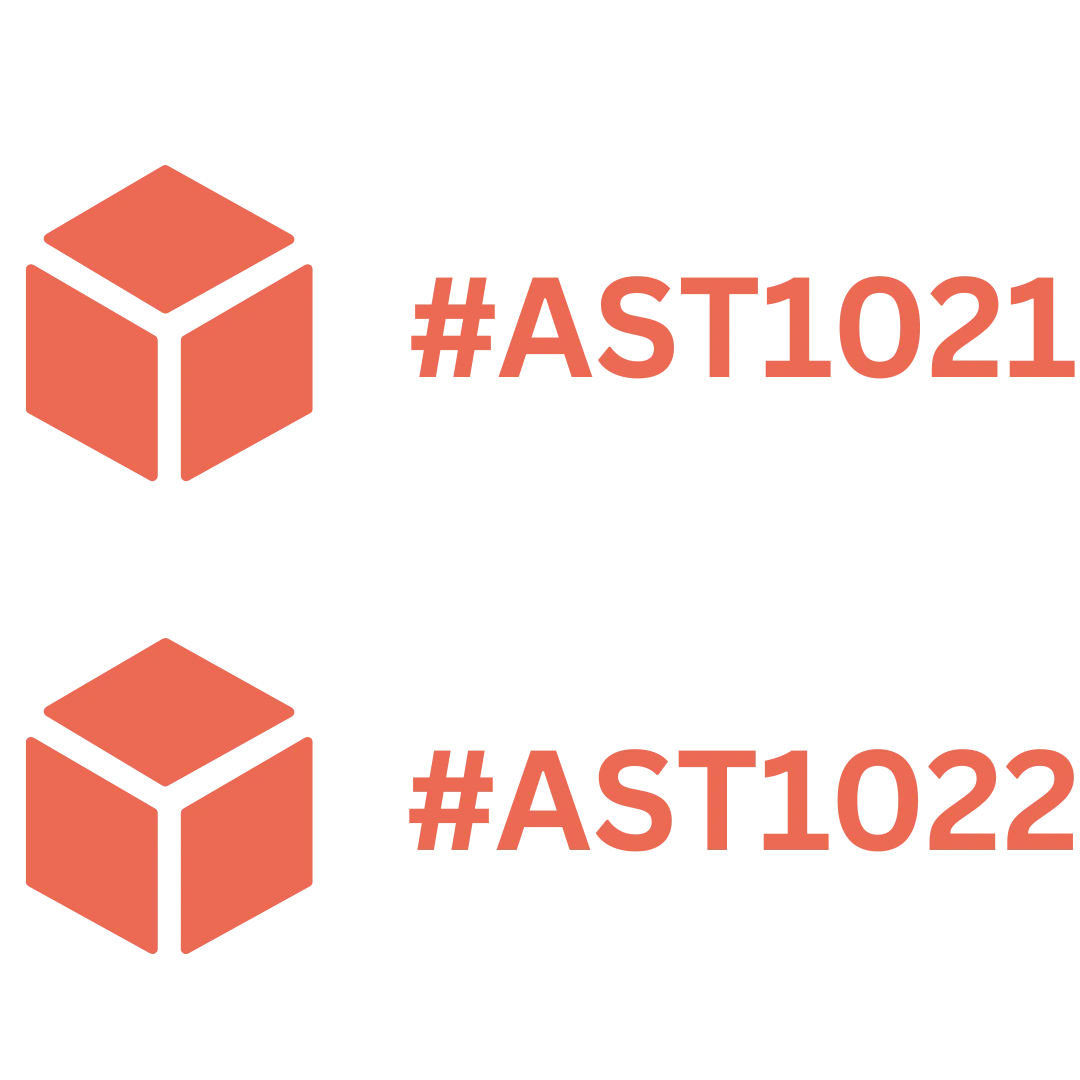
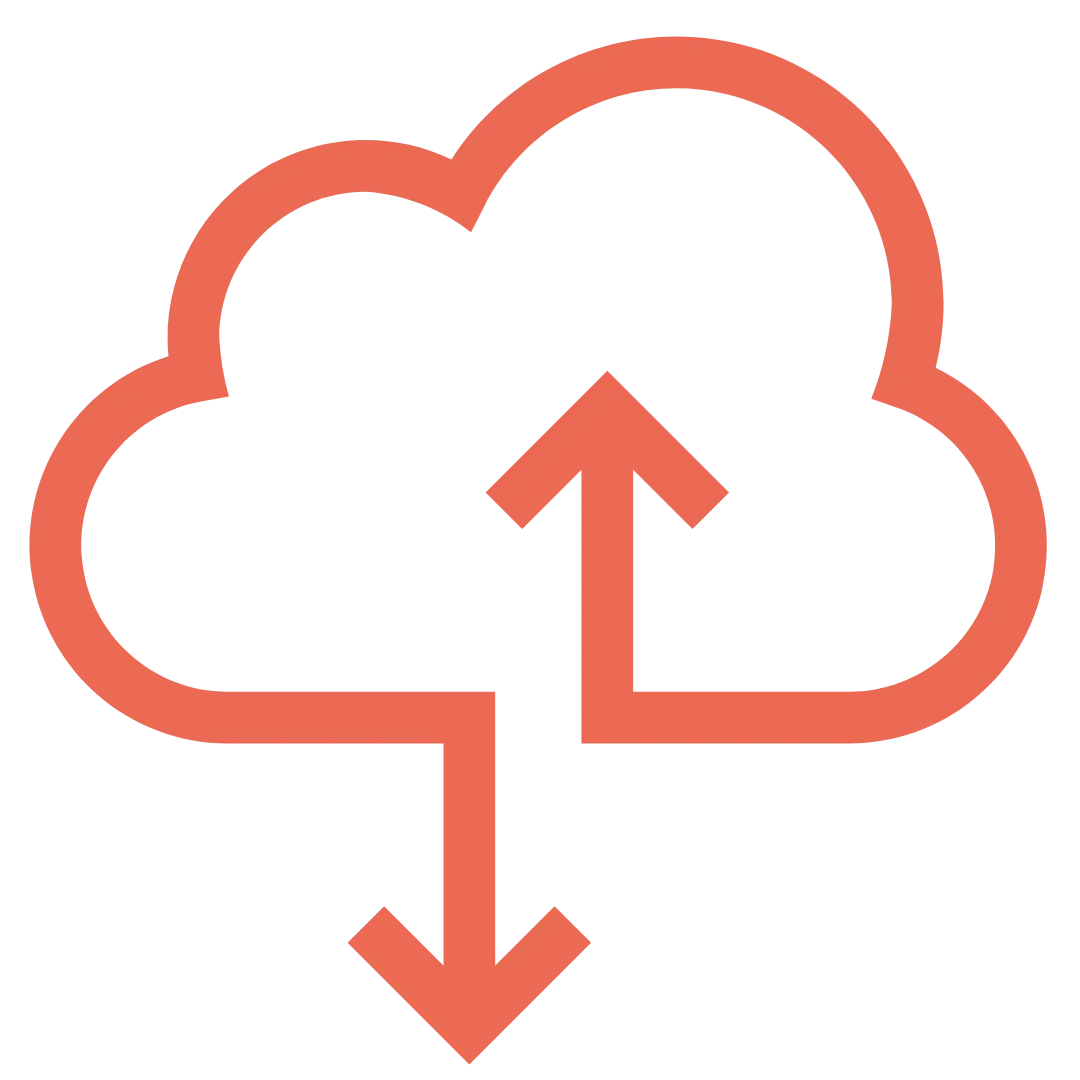
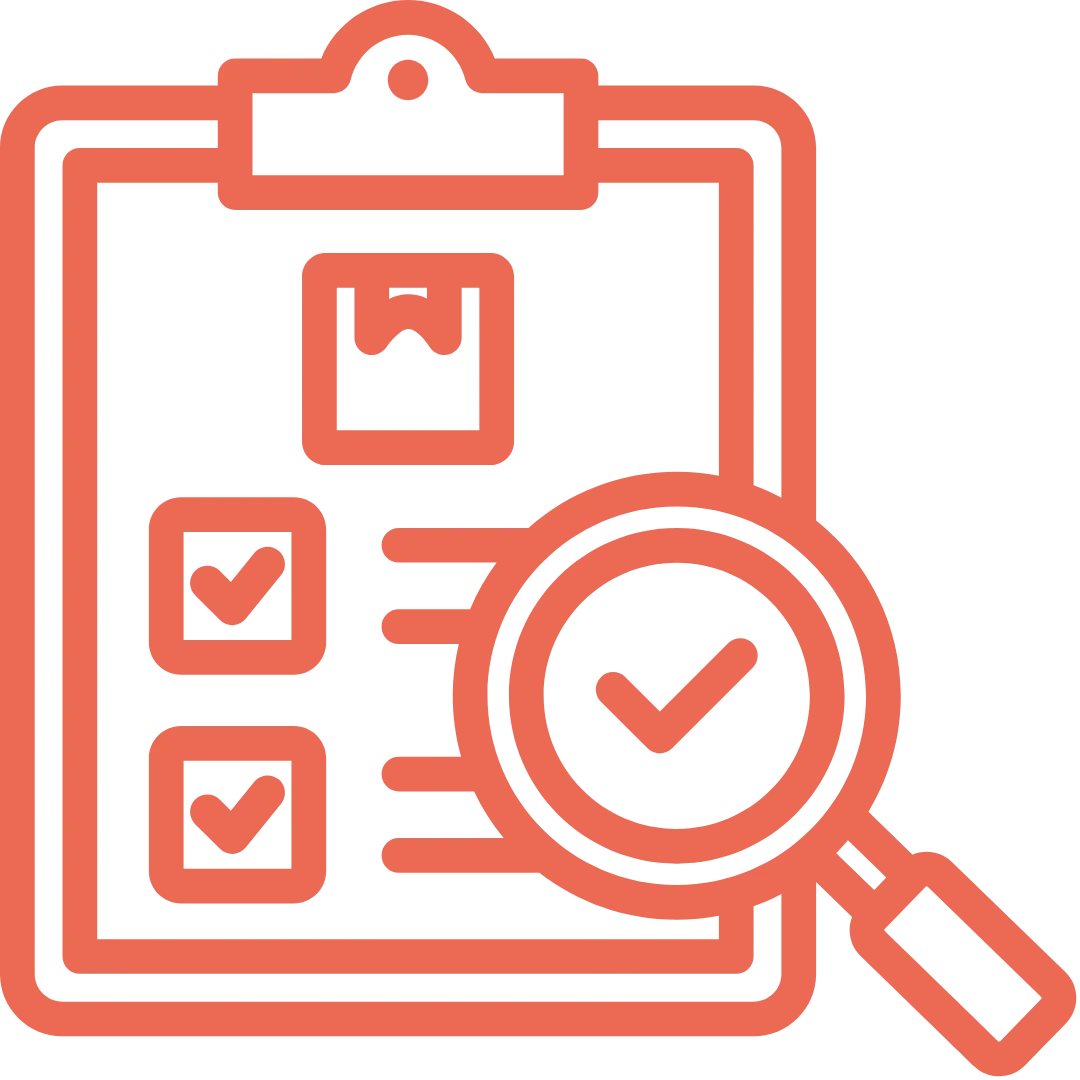
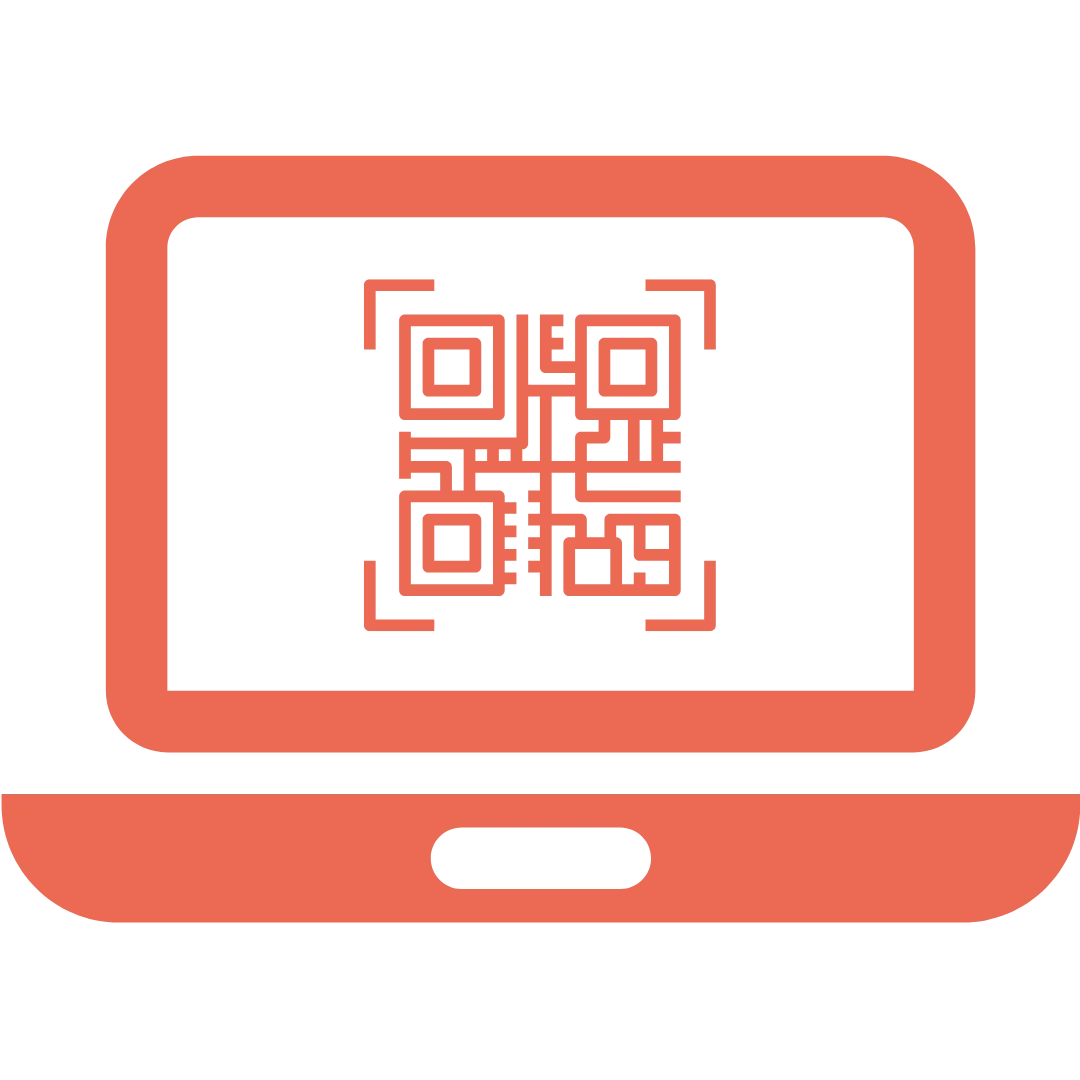

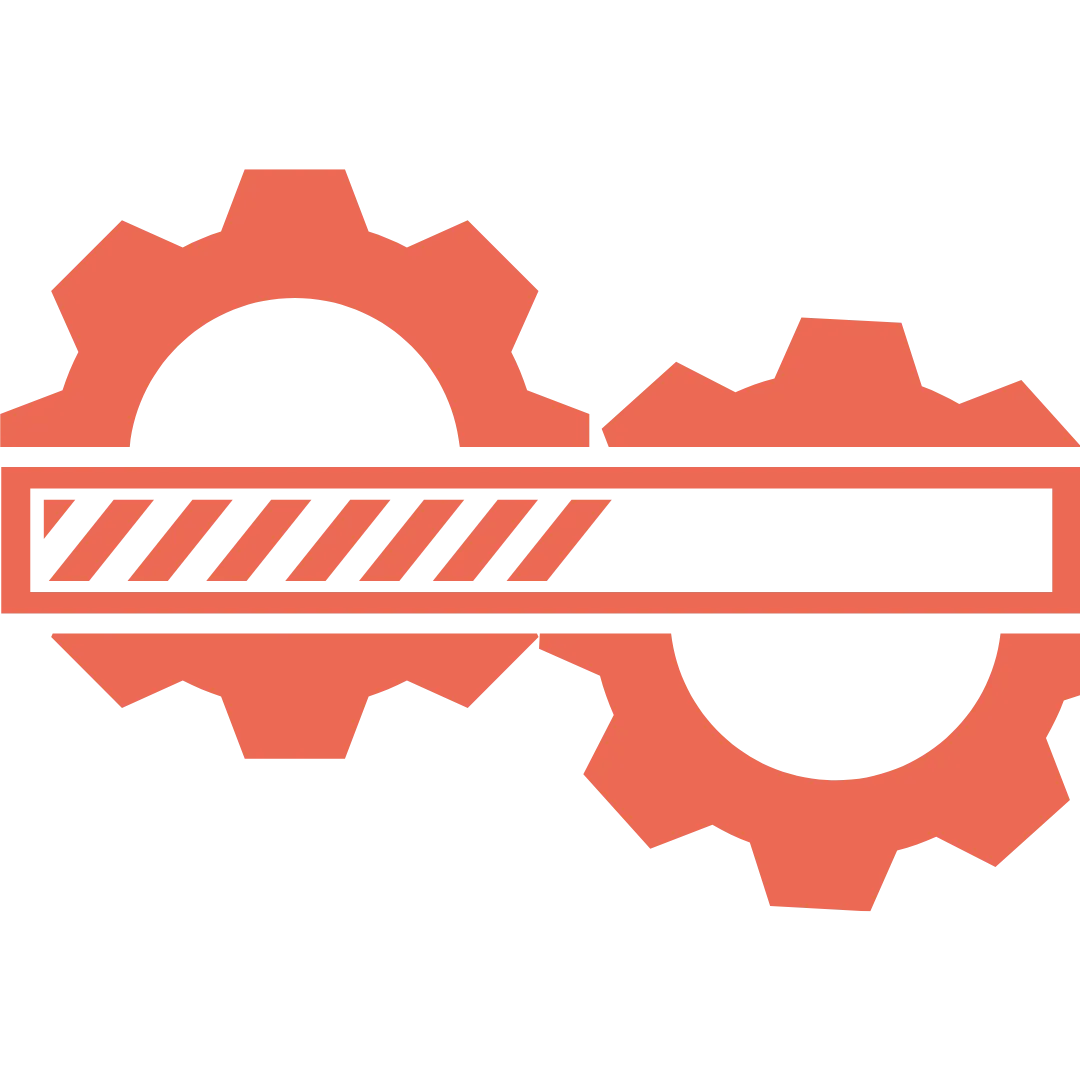
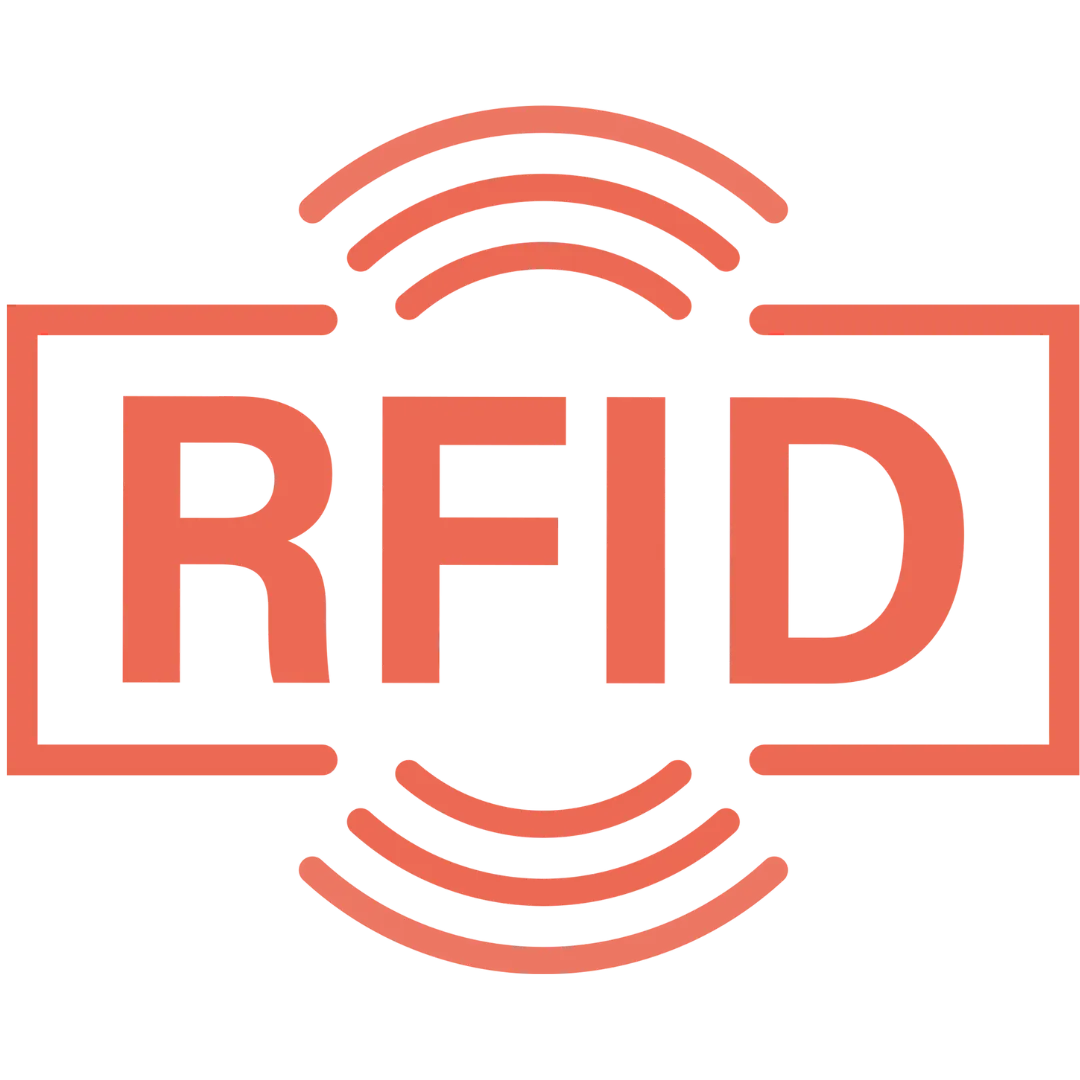
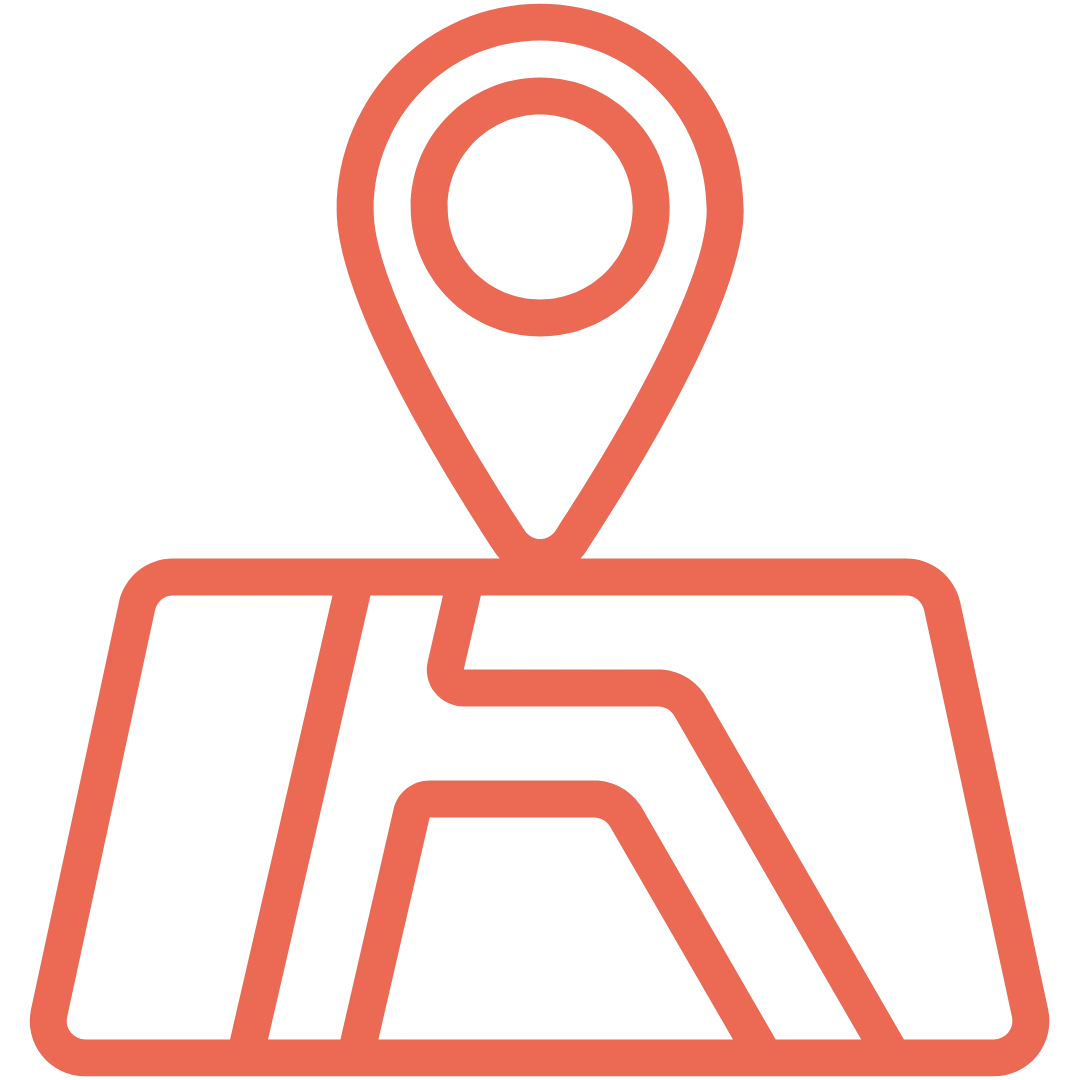
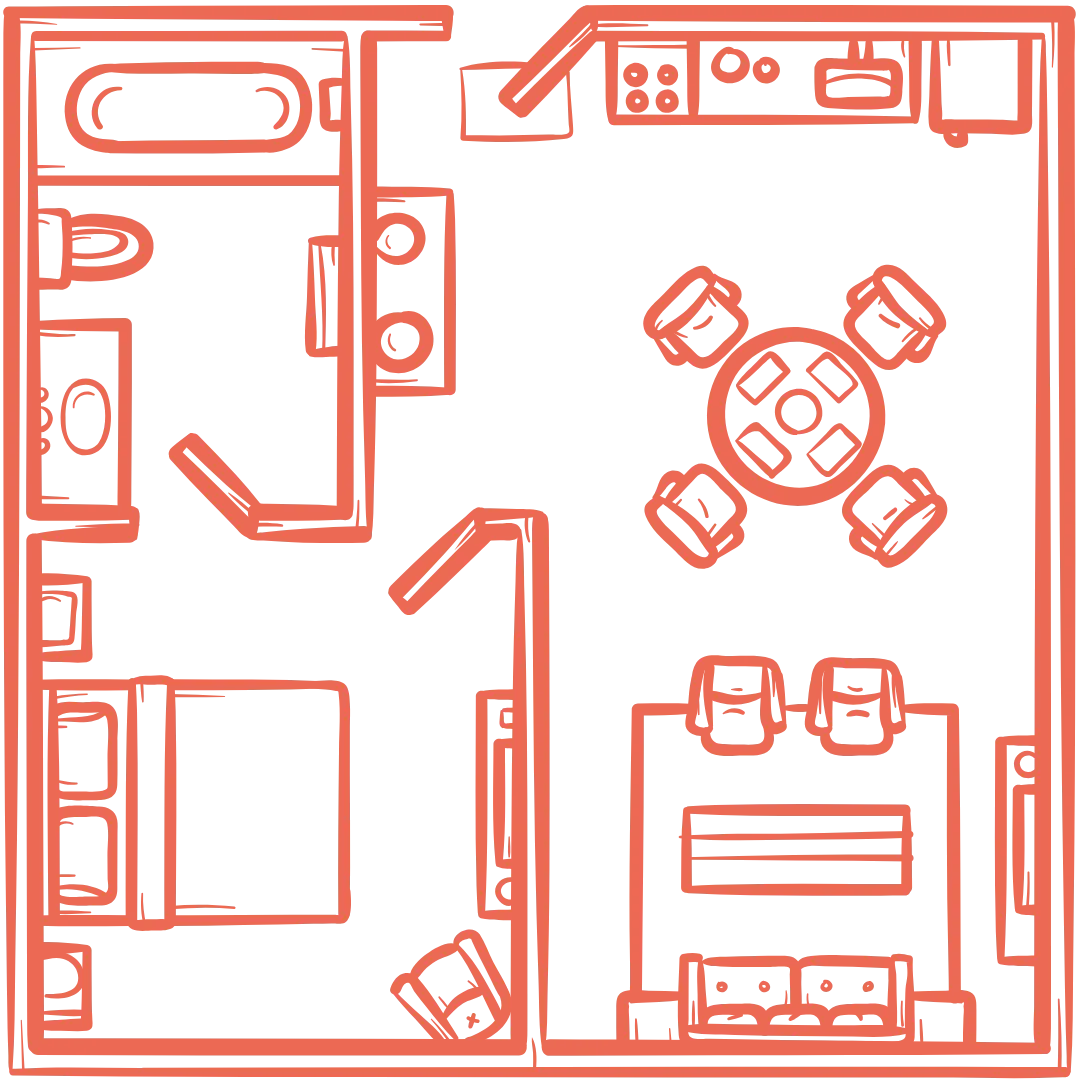




























.webp)
.webp)
.webp)
.webp)
.webp)
.webp)
.webp)
.webp)
.webp)

.svg)




.webp)
.webp)
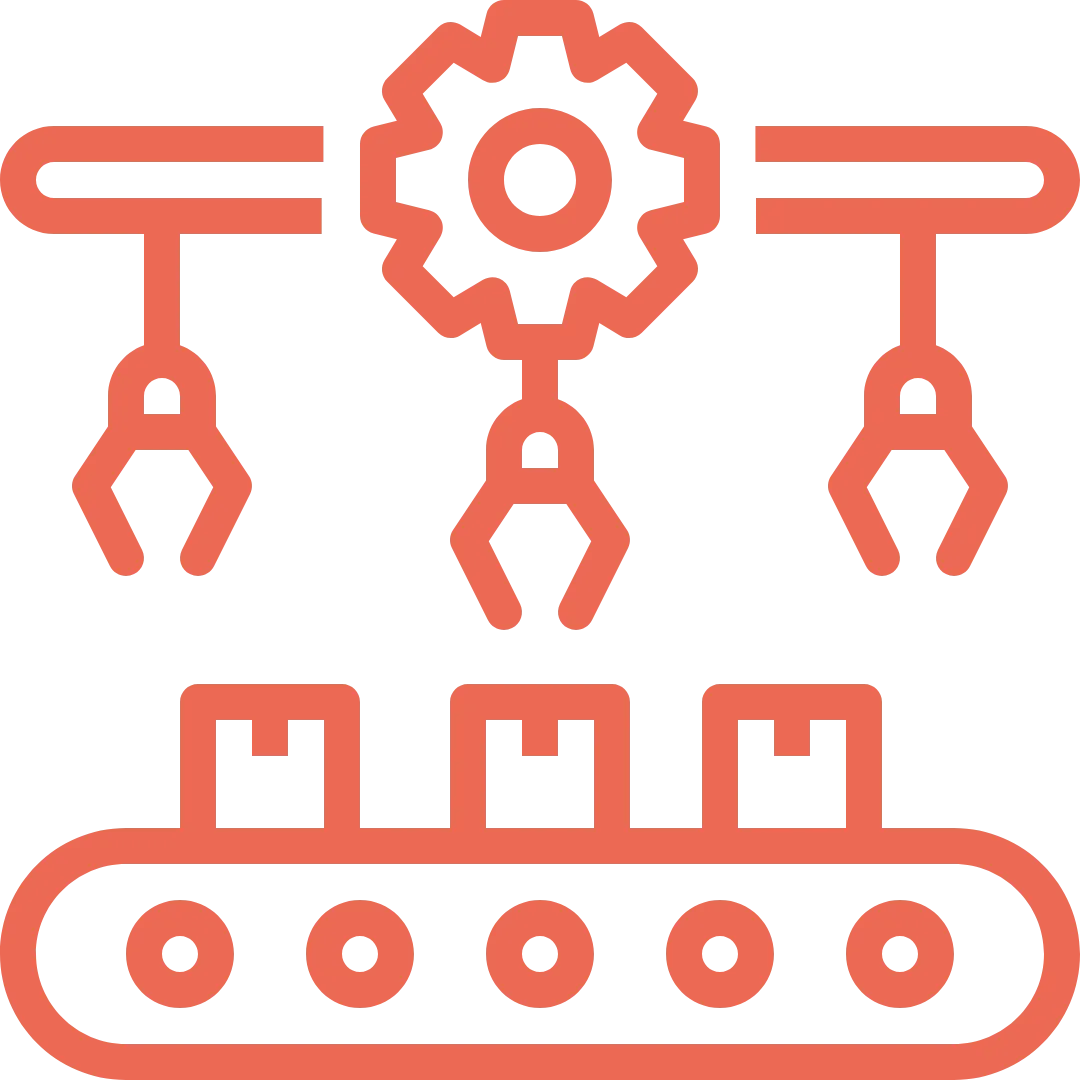





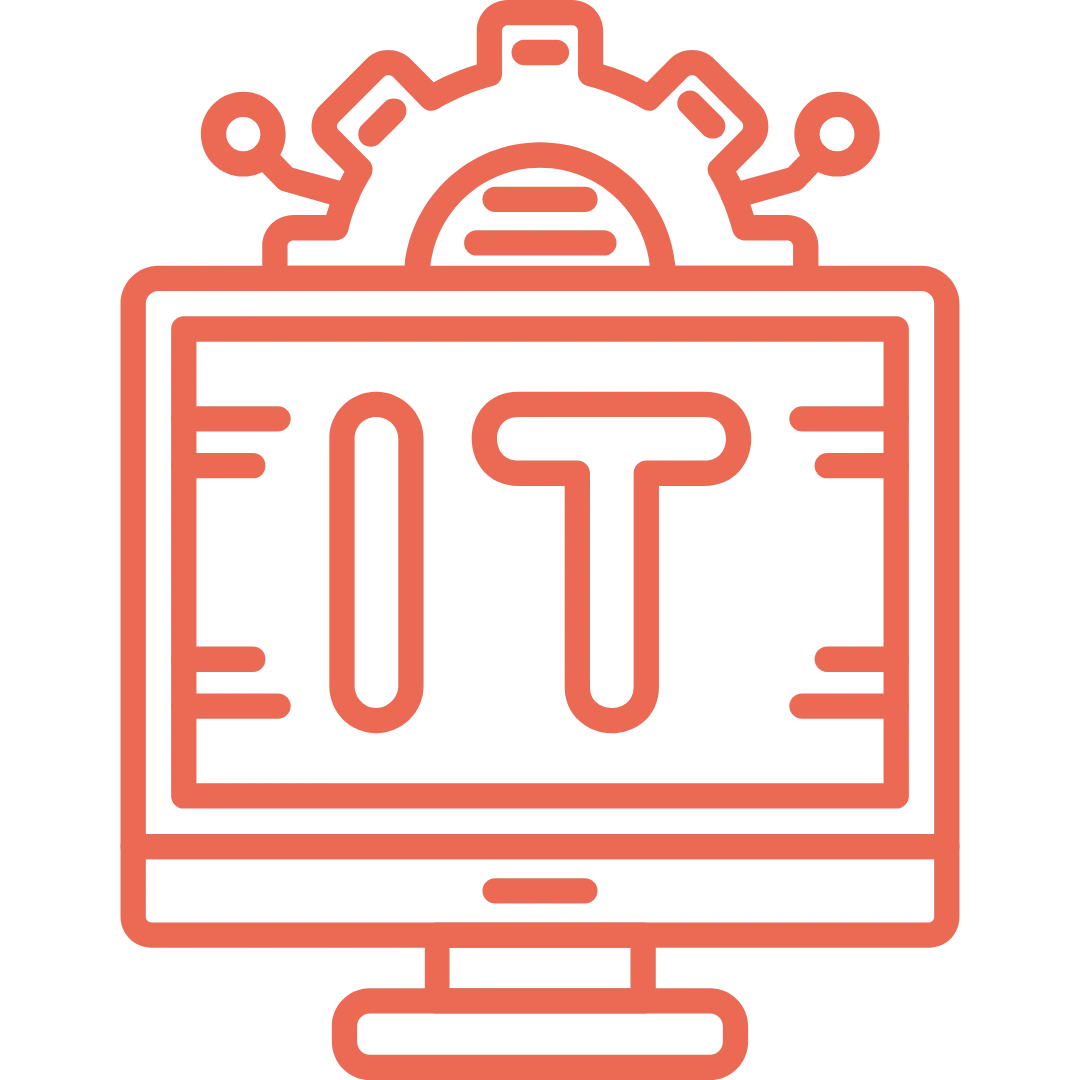

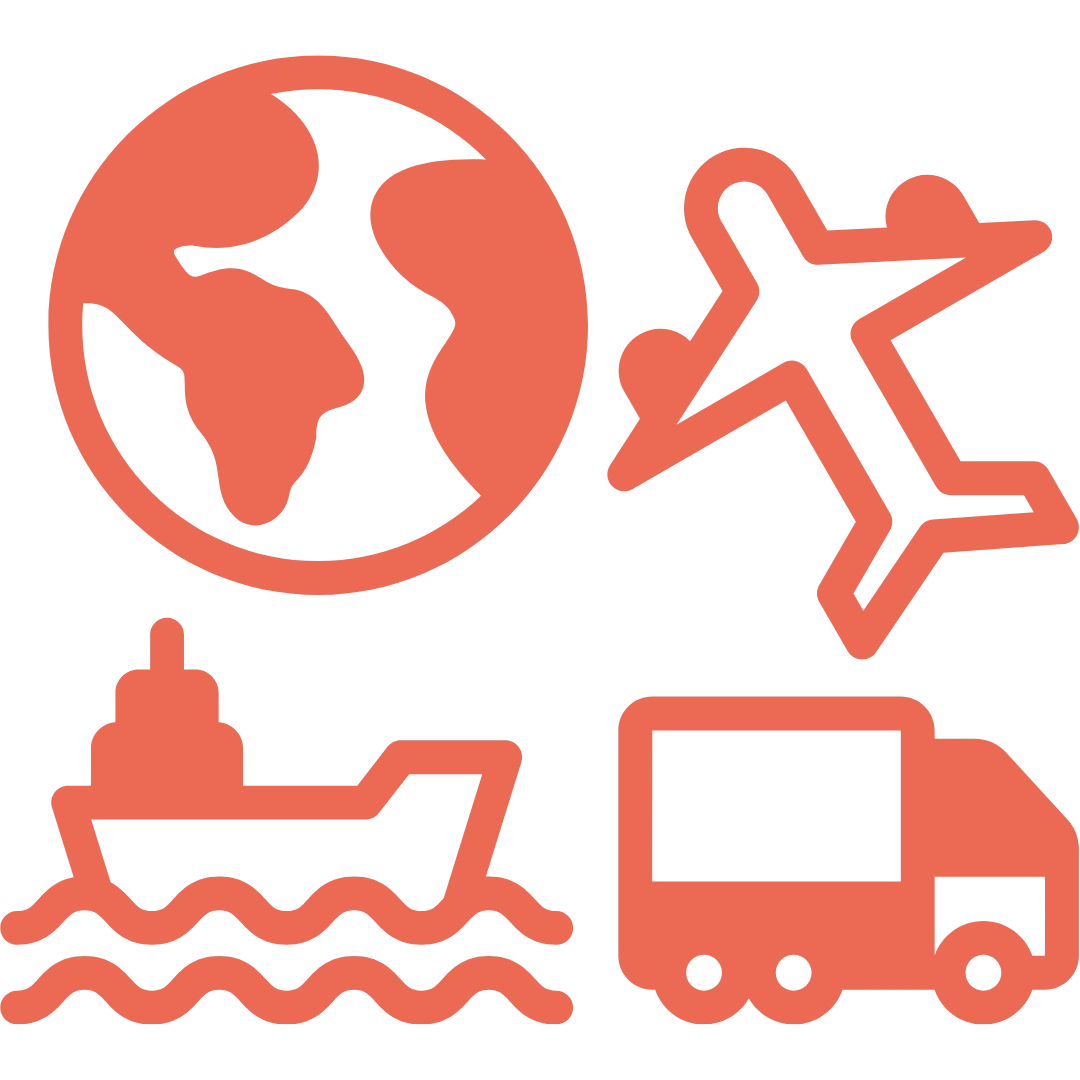




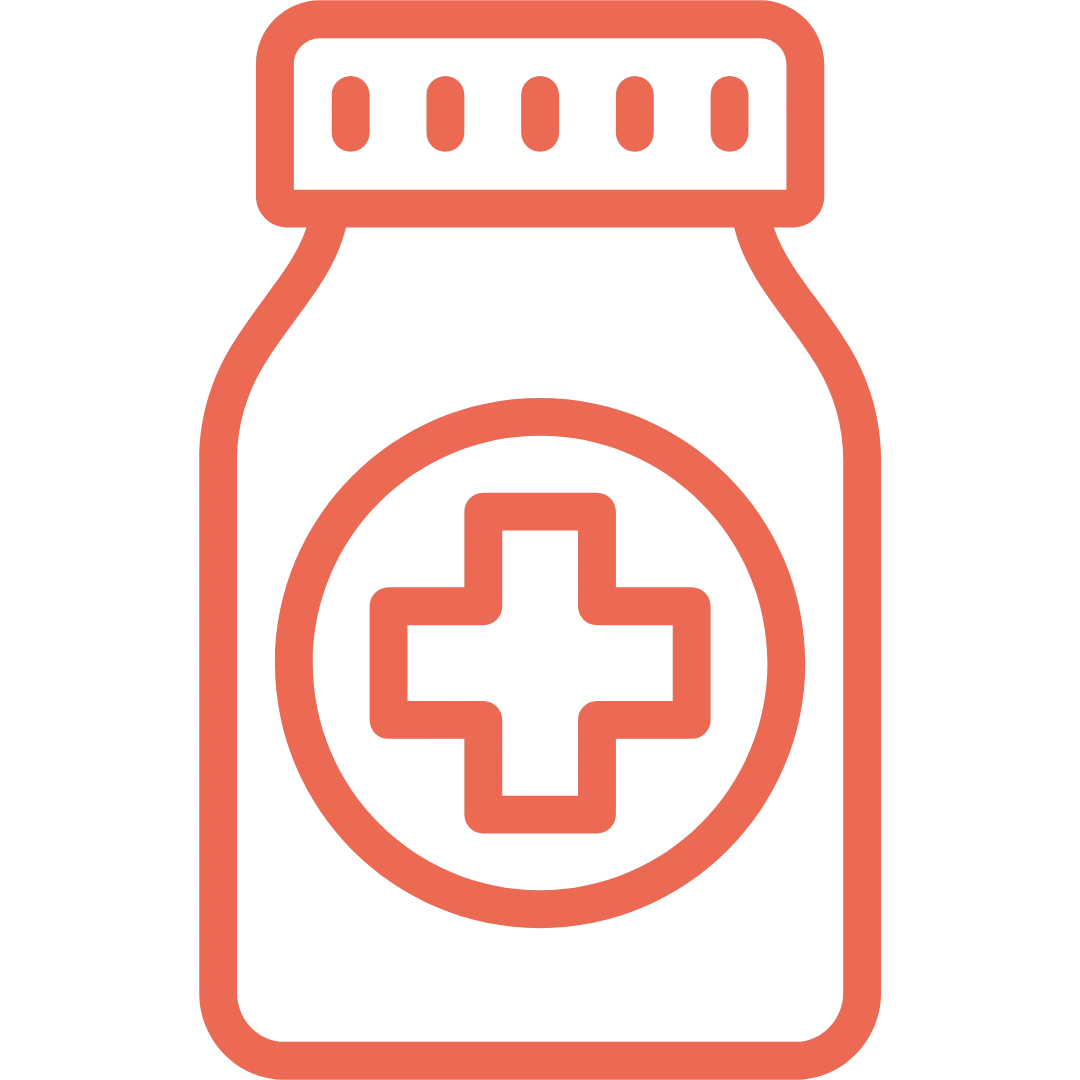

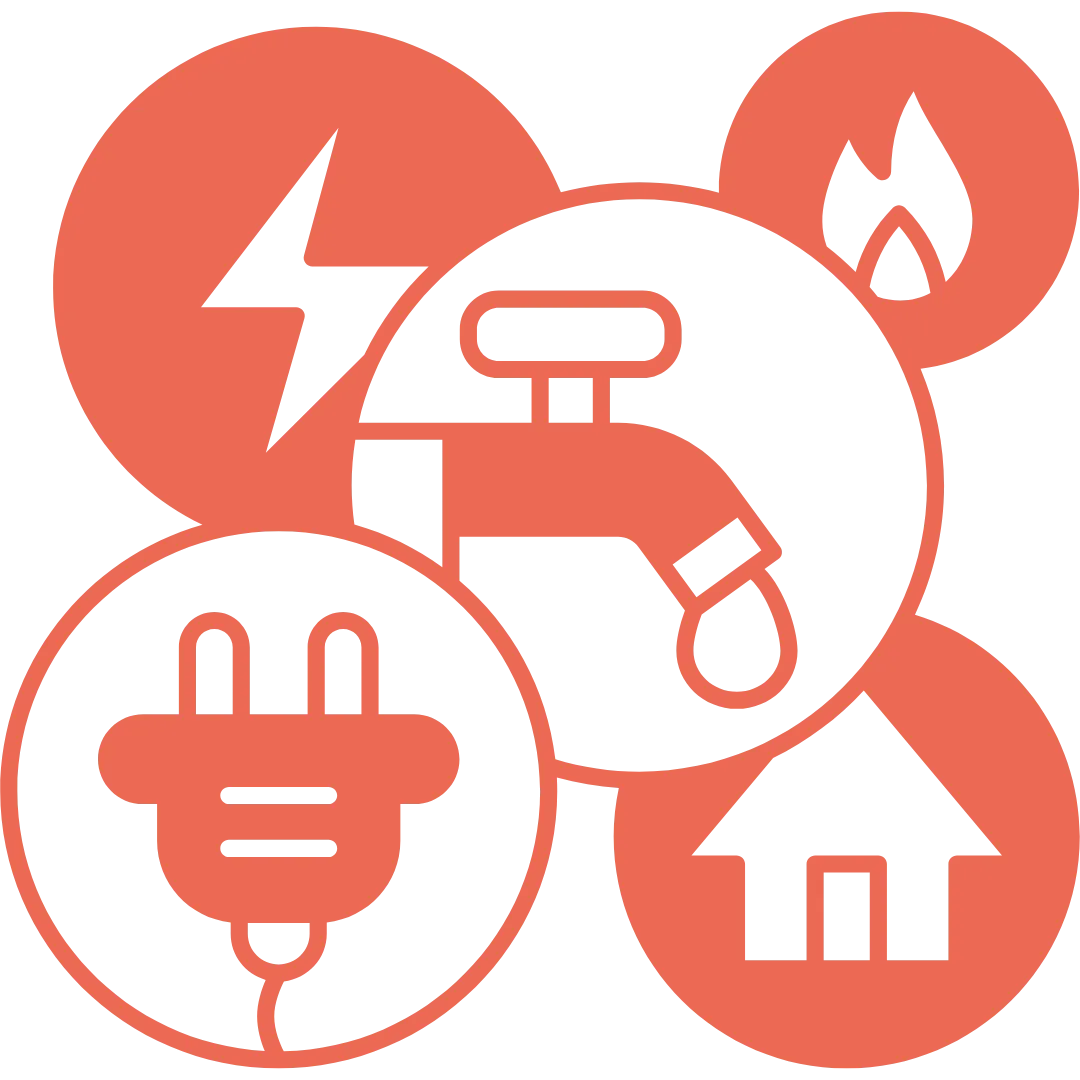

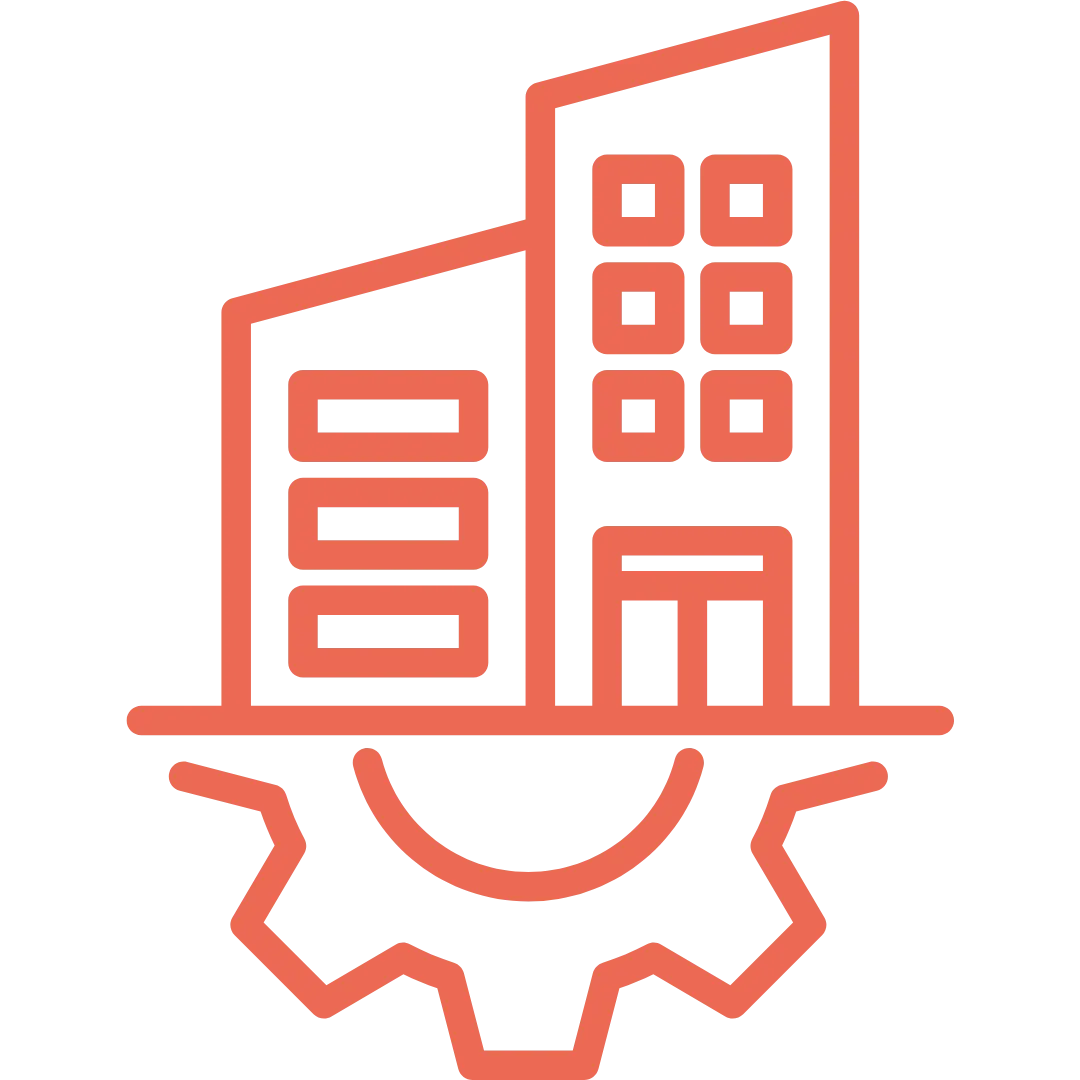


















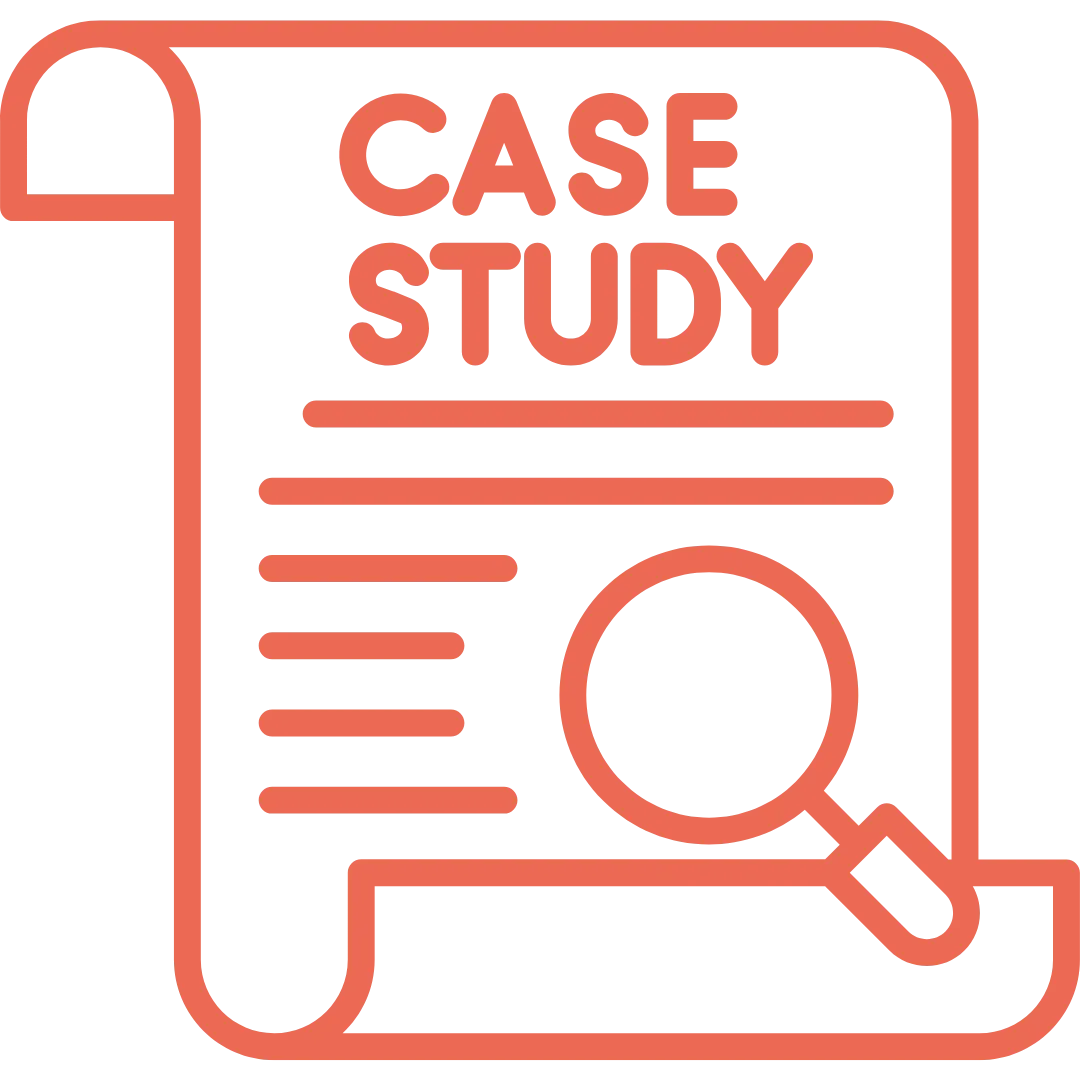
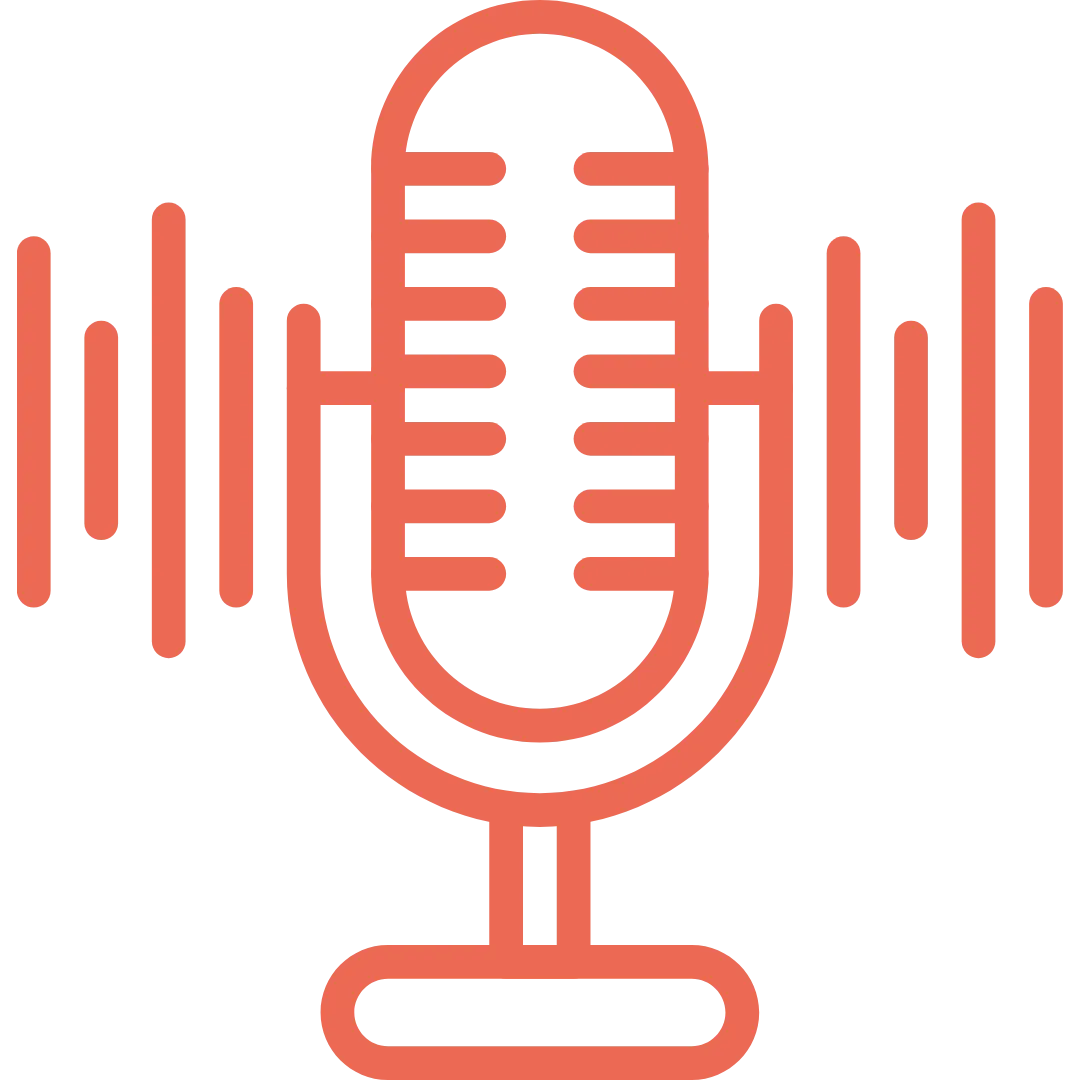





.png)
.png)



.webp)

















